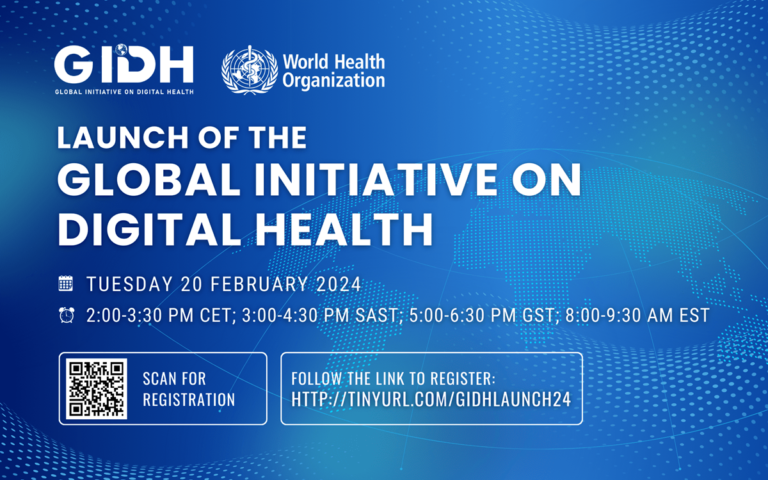
WHO launched Global Initiative on Digital Health: Advancing collaborative transformation
Dr. Tedros Adhanom Ghebreyesus, along with leaders from UN agencies and government partners, introduced the Global Initiative on Digital Health (GIDH).

Dr. Tedros Adhanom Ghebreyesus, along with leaders from UN agencies and government partners, introduced the Global Initiative on Digital Health (GIDH).
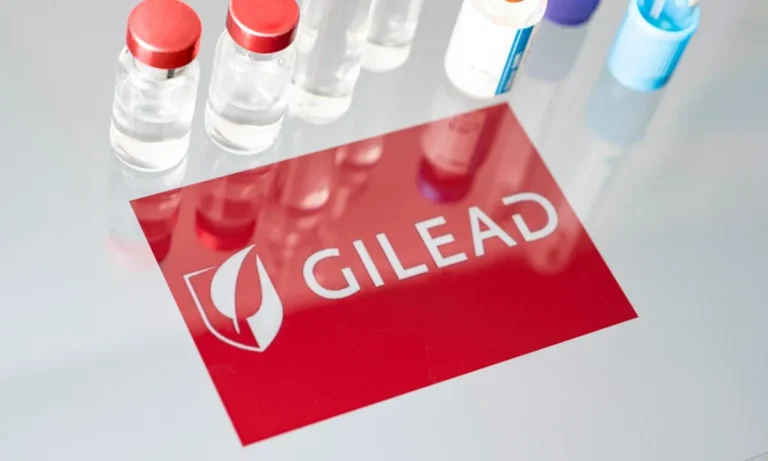
Gilead Sciences revealed its acquisition plans for CymaBay Therapeutics, a biopharmaceutical company specialising in liver disease treatments, on February 12, 2024.
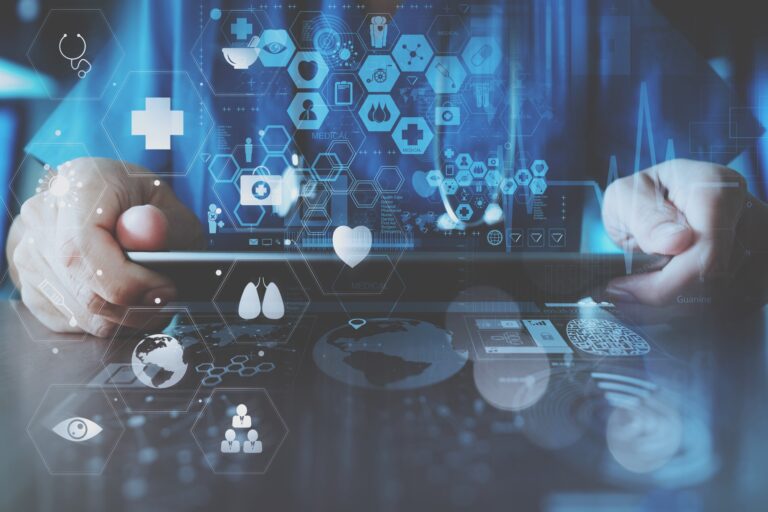
Healthcare algorithms lack a unified regulatory system, with some, like the Apple Watch heart rate monitor, FDA-approved, while others from electronic health records (EHR) companies fall under the ONC’s jurisdiction.
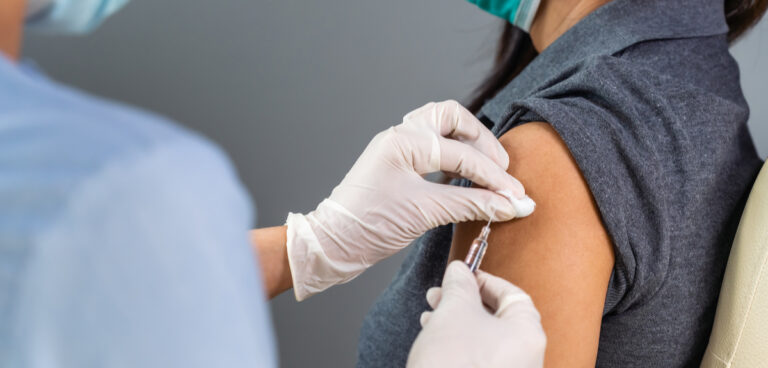
Elizabeth Titova, a first-year student at Hackensack Meridian School of Medicine, utilised her expertise in phlebotomy and scientific research to publish a groundbreaking clinical study on COVID-19 vaccination in Microbiology Spectrum, an ASM Journal.
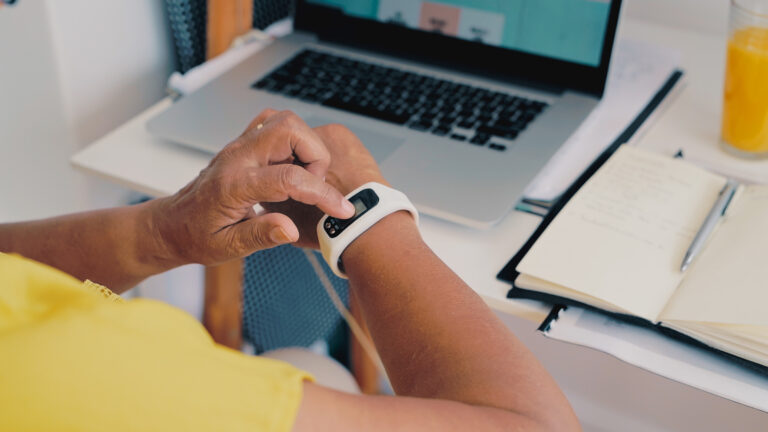
A recent study published in JAMA Network Open reveals that digital health interventions effectively lower blood pressure in populations facing health disparities.
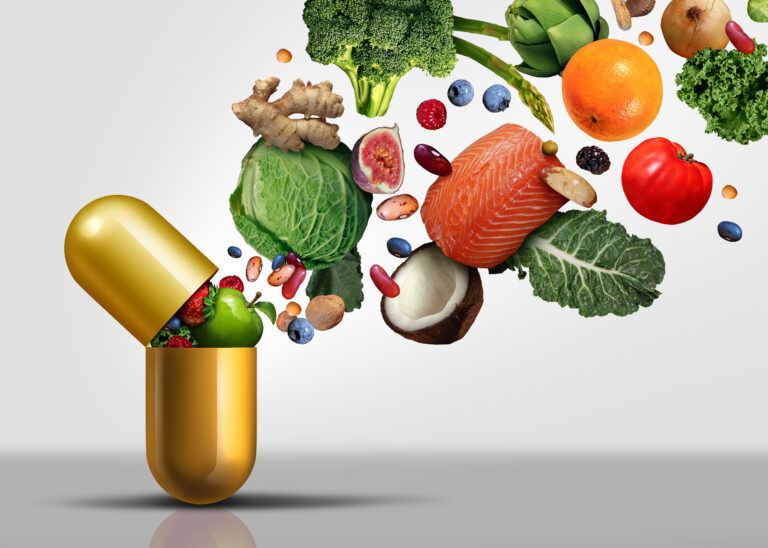
The American Heart Association (AHA), marking its centenary, allocated $7.8 million to 19 nationwide research projects as part of its Health Care by Food™ initiative.
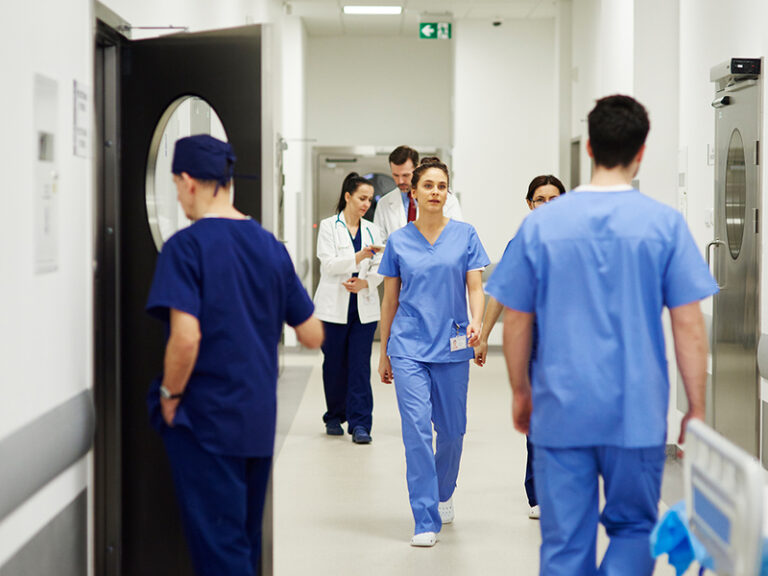
The launch of the new Pharmacy First Service marks a significant step in expanding access to healthcare in England.

CARPL, a San Francisco-based start-up, has secured a $6 million investment to establish the “world’s largest radiology AI marketplace.”

Google is investing in health tech research and training through the South Yorkshire Digital Health Hub to tackle health inequalities in the region.

The National Institutes of Health (NIH) has granted $18.3 million to Henry Ford Health and Michigan State University for the All of Us Research Programme, aiming to advance personalised healthcare.

The Rockefeller Foundation has committed an additional $80 million to Food is Medicine (FIM) programmes in the United States over the next five years, bringing their total investment to over $100 million.
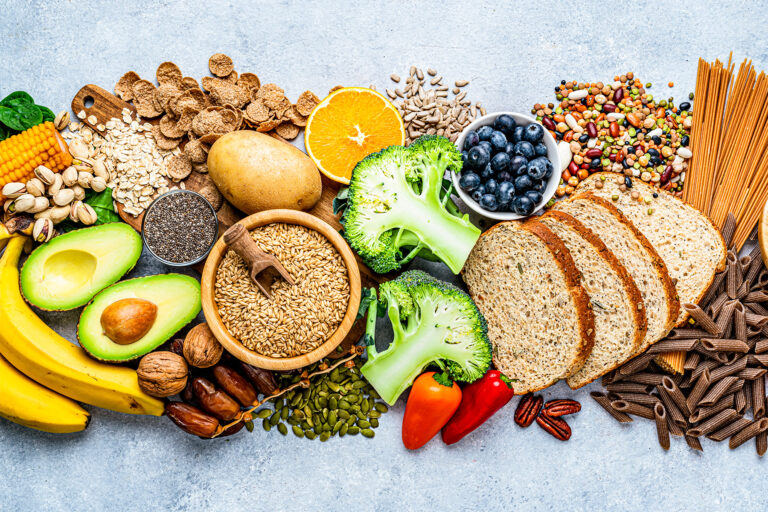
The JAMA Internal Medicine study on a food-as-medicine programme revealed mixed outcomes for participants with type 2 diabetes and high HbA1c levels.

Dr. Tedros Adhanom Ghebreyesus, along with leaders from UN agencies and government partners, introduced the Global Initiative on Digital Health (GIDH).

Gilead Sciences revealed its acquisition plans for CymaBay Therapeutics, a biopharmaceutical company specialising in liver disease treatments, on February 12, 2024.

Healthcare algorithms lack a unified regulatory system, with some, like the Apple Watch heart rate monitor, FDA-approved, while others from electronic health records (EHR) companies fall under the ONC’s jurisdiction.

Elizabeth Titova, a first-year student at Hackensack Meridian School of Medicine, utilised her expertise in phlebotomy and scientific research to publish a groundbreaking clinical study on COVID-19 vaccination in Microbiology Spectrum, an ASM Journal.

A recent study published in JAMA Network Open reveals that digital health interventions effectively lower blood pressure in populations facing health disparities.

The American Heart Association (AHA), marking its centenary, allocated $7.8 million to 19 nationwide research projects as part of its Health Care by Food™ initiative.

The launch of the new Pharmacy First Service marks a significant step in expanding access to healthcare in England.

CARPL, a San Francisco-based start-up, has secured a $6 million investment to establish the “world’s largest radiology AI marketplace.”

Google is investing in health tech research and training through the South Yorkshire Digital Health Hub to tackle health inequalities in the region.

The National Institutes of Health (NIH) has granted $18.3 million to Henry Ford Health and Michigan State University for the All of Us Research Programme, aiming to advance personalised healthcare.

The Rockefeller Foundation has committed an additional $80 million to Food is Medicine (FIM) programmes in the United States over the next five years, bringing their total investment to over $100 million.

The JAMA Internal Medicine study on a food-as-medicine programme revealed mixed outcomes for participants with type 2 diabetes and high HbA1c levels.
Sign up for HealthGeniuses weekly newsletter
and stay ahead of the curve
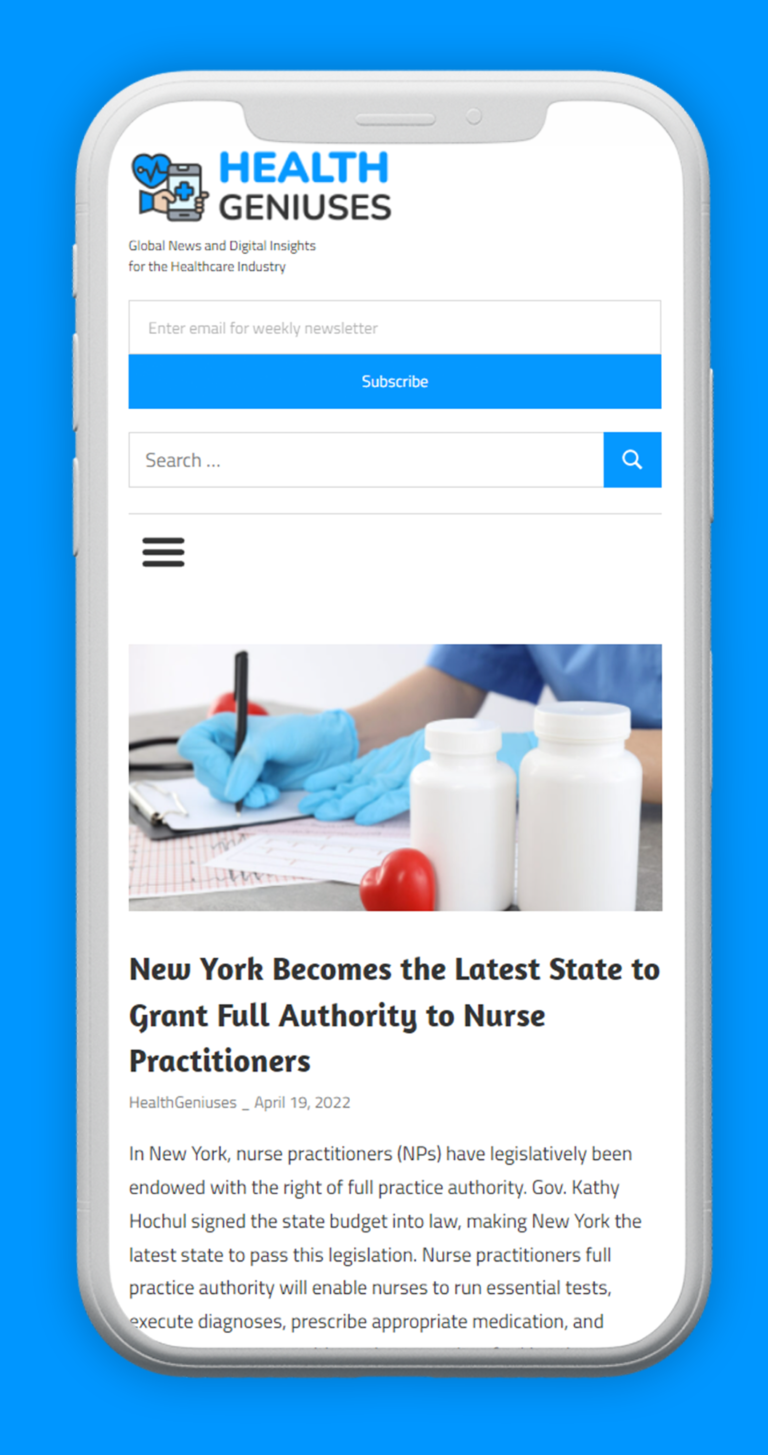
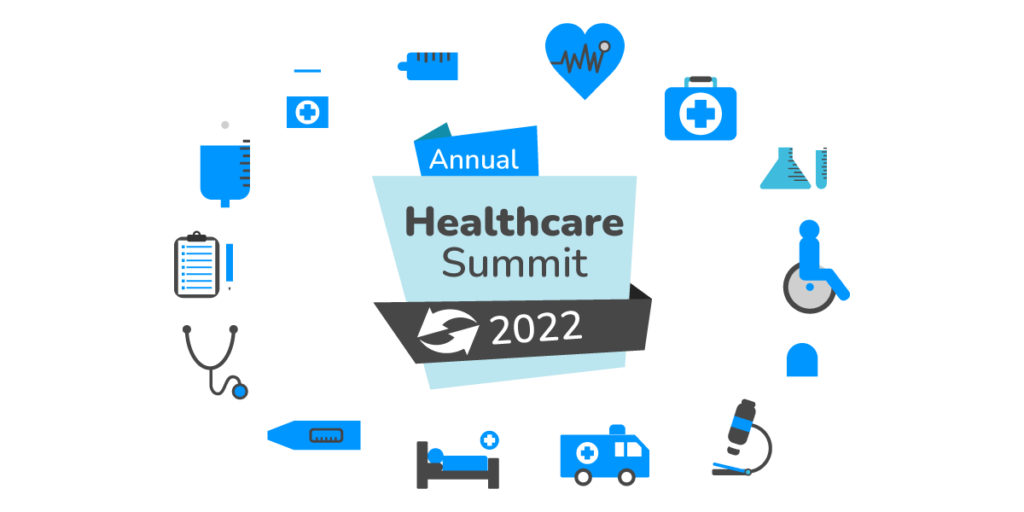
According to Business Wire, global Healthcare Industry will be worth $12T by 2022. Healthcare is vast and highly fragmented with a mix of public and private players. It comprises patients and healthcare providers such as hospitals, pharmaceuticals, and related life sciences.
Digitisation and Post-Covid world are set to transform the healthcare industry in the coming decade. Our weekly business newsletter covers innovations and disruptions in the Healthcare industry with global coverage.
HealthGeniuses is managed by IndustryGeniuses (A place where industries meet innovation). We are rolling out content platforms for the world’s hottest industries such as Food & Grocery Retail, Consumer Goods and Healthcare. For each of these key industries, we support Tech Startups and Industry Disruptors as they roll out next generation digital initiatives.
IndustryGeniuses team brings practical domain knowledge of working with 300+ tech startups and brands over the past decade.